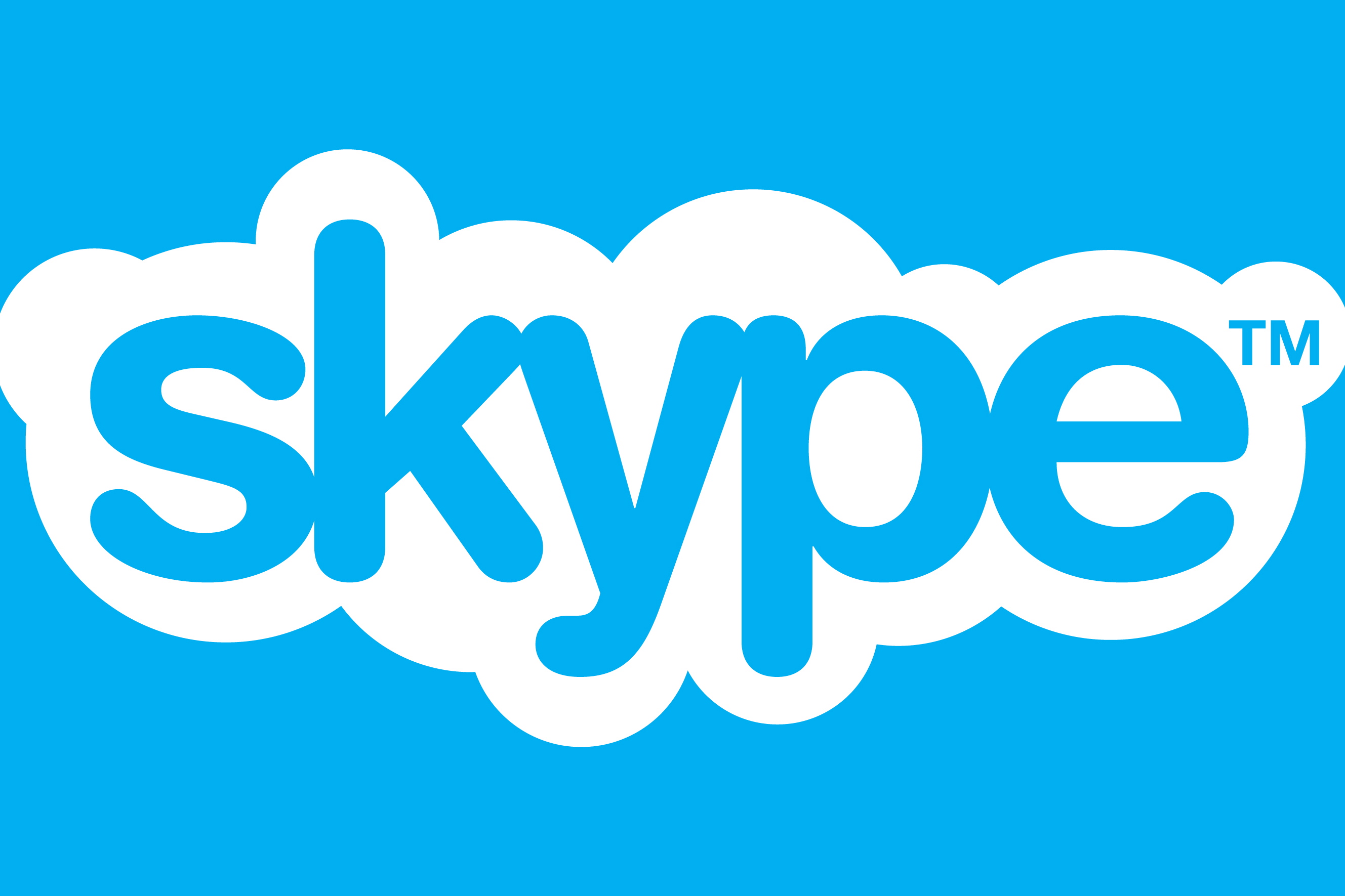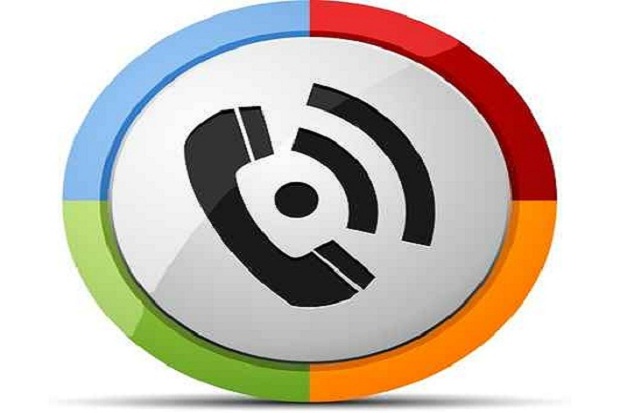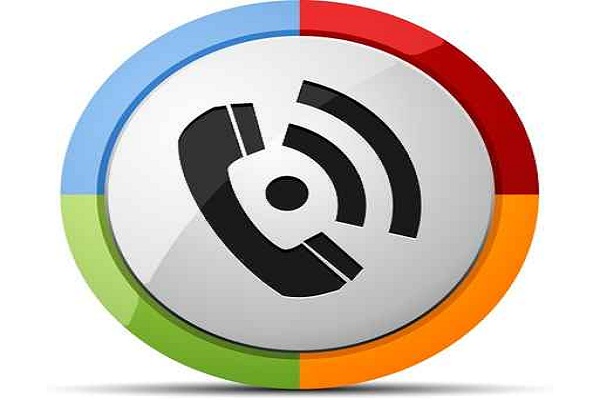Skype: Hello, this is Microsoft calling
Inside the Enterprise: Microsoft has paid a handsome sum for Skype. But how will it integrate it with its existing communications products?

It was no surprise that someone bought Skype this week. After all, the internet telephony company has been on the market for some time.
More surprising, though, was that Microsoft turned out to be the buyer.
In business terms, this looks to be a scale, rather than a scope acquisition. Although there might be some Skype technologies Microsoft can use elsewhere, such as the Silk voice compression codec, at first glance Skype doesn't seem to add all that much to Microsoft's portfolio. The software company already has a consumer instant messaging and VoIP application (Messenger) and a business-grade unified communications system, in the form of Lync.
Lync, though, does not have the public recognition that Skype enjoys Skype is one of those brand names that, like Hoover and Google, have turned into verbs. If you ask someone with a computer whether they have Skype, it is highly likely that the answer will be yes.
But even if it is no, they will understand that you are talking about internet telephony, and tell you which application they do use Google Talk, for example, or Vonage, perhaps. Lync just does not have that level of recognition.
Microsoft, for its part, does not help users, or IT professionals, through its own confusing, and often overlapping, communications products. There is Lync (which was Office Communicator) , but there is Lync Server, (which was Microsoft Office Communications Server), and there is the consumer-grade Messenger. Adding Skype to the mix will not help here.
On the other hand, Microsoft's chief executive, Steve Ballmer, is a seasoned salesman, and understands the value of a brand. In that context, $8.5bn is not a vast sum for a global, household name. And with Skype claiming 660m users, that works out at a few cents over $14 a user again, not too bad for a day's work.
Get the ITPro daily newsletter
Sign up today and you will receive a free copy of our Future Focus 2025 report - the leading guidance on AI, cybersecurity and other IT challenges as per 700+ senior executives
What Microsoft could do, then, is use Skype as its consumer communications brand, and keep Lync for business communications. Or it could go the whole way and rebrand Lync which even a friend who is a director of an IT integrator hadn't heard of as Skype Professional. And it could certainly do worse than fuse the best functions of Messenger, Lync and Skype into a killer voice, video and IM app.
But, as some financial analysts have already suggested, the real prize might lie in the mobile space. Skype is starting to be popular on smartphones. Microsoft could improve its business features and tighten up its security and reliability.
Or it could go a step further, and integrate Skype with Windows Phone 7. Like Lync, Windows Phone is a actually rather good product, but has not yet captured the public imagination. Microsoft could embed its shiny new technology and rebrand its phone OS as "Skype Mobile".
OK, this is Microsoft, so it would probably be Skype: Powered by Windows Phone 7. But it could still work.Mr Ballmer, if you are reading this and want to discuss it further, feel free to Skype me.
Stephen Pritchard is a contributing editor at IT PRO.
Comments? Questions? You can email him here
-
 How to delete a Skype for Business account
How to delete a Skype for Business accountIn-depth Everything you need to know about deactivating the communications service aimed at businesses
By Keumars Afifi-Sabet
-
 Microsoft kills off Skype WiFi
Microsoft kills off Skype WiFiNews Small businesses may need to find another Wi-Fi option
By Clare Hopping
-
 Skype celebrates 10th birthday with 3D video calling announcement
Skype celebrates 10th birthday with 3D video calling announcementNews Microsoft VoIP service confirms it is looking to make 3D video calls a reality.
By Jane McCallion
-
 Yahoo!, Tumblr and the $1.1bn gamble
Yahoo!, Tumblr and the $1.1bn gambleIn-depth Is Yahoo!'s big Tumblr gamble a bold move of genius, a security policy for the future, or an expensive folly? Simon Brew takes a look...
By Simon Brew
-
 Microsoft hit with second Skype patent suit
Microsoft hit with second Skype patent suitNews CopyTele alleges VoIP service encryption systems infringe its IP.
By Jane McCallion
-
 Skype scoops up international voice traffic
Skype scoops up international voice trafficNews VoIP service leaves traditional international voice call carriers for dust.
By Jane McCallion
-
 Confusion reigns over Microsoft's Windows Messenger retirement plans
Confusion reigns over Microsoft's Windows Messenger retirement plansNews Reports suggest the firm will start winding down service from March, but will not be switching it off completely for another 12 months.
By Jane McCallion
-
 Rebtel muses on future of mobile operators as data demands soar
Rebtel muses on future of mobile operators as data demands soarNews Mobile VoIP service provider claims falling margins could prompt operators to call it quits on voice.
By Caroline Donnelly

